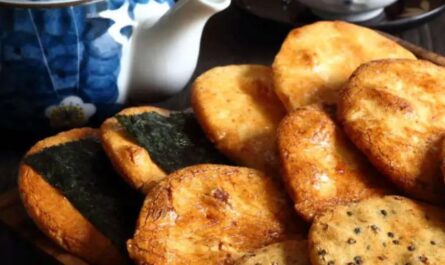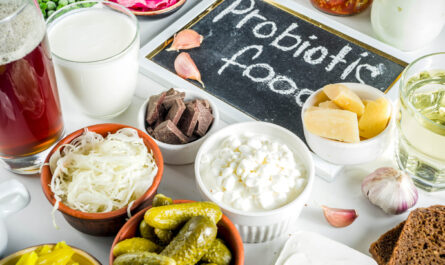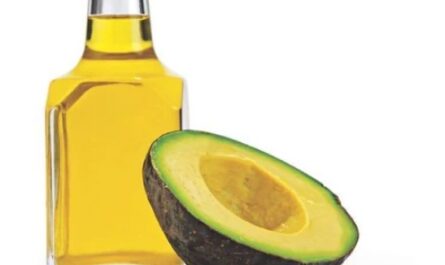Cold pressed juices have gained immense popularity in recent years for their bright colors, vibrant flavors and purported health benefits. However, not all juices are created equal. Cold pressed juices retain more nutrients and offer greater health advantages compared to other juicing methods.
What is Cold Pressing?
Cold pressing involves slowly extracting juice from fruits and vegetables at low temperatures, typically below 105 degrees Fahrenheit, without applying any heat. A hydraulic press is used to gently squeeze the produce, releasing the juice without compromising the nutrients, flavors or enzymes.
No additional heat is applied during the cold pressing process. This helps retain nutrients, enzymes and antioxidants that may otherwise be destroyed during high-heat pasteurization commonly used in other juicing methods. The low processing temperature and lack of oxygen exposure also helps the juices stay fresher for longer.
Nutrient Density
Compared to other juicing techniques, cold pressing preserves the maximum amount of nutrients from the original fruits and veggies. Studies show cold pressed juices retain up to 100% of vitamins, 95-102% of minerals and a variety of healthy plant compounds and antioxidants.
The nutrients in cold pressed juices are highly bioavailable, meaning they are easily absorbed and utilized by the body. Consuming cold pressed juices is an excellent way to boost your daily intake of vitamins, minerals, phytonutrients and fiber without added sugars or preservatives.
Some key nutrients amplified in cold pressed juices include:
– Vitamin C: An antioxidant that supports immune function and collagen production. Citrus cold pressed juices are excellent sources.
– Vitamin K: Essential for blood clotting and bone health. Dark leafy green juices like kale are high in vitamin K.
– Vitamin A: Important for vision, cell growth and development. Carrot juice provides high amounts of pro-vitamin A carotenoids.
– Potassium: Supports heart health and muscle function. Beet, coconut water and banana juices offer potassium.
– Polyphenols: Powerful plant-based antioxidants linked to anti-inflammatory and disease protective properties. Berries, pomegranate and citrus provide polyphenols.
Health Benefits of Cold Pressed Juice
The concentrated nutrient profile of cold pressed juices translates to impressive health advantages:
Improved Digestion – Fiber-rich juices promote regularity and gut health. The juices also provide beneficial probiotics from pulp left behind in the process.
Detoxification Support – Antioxidants in juices help rid the body of toxins and waste through urine and stool. Nutrient-dense juices also nourish the liver during detox periods.
Heart Health – Potassium, folate, antioxidants and plant compounds in juices lower blood pressure and reduce heart disease risk factors like inflammation.
Cancer Protection – Studies show certain juice ingredients such as carotenoids, polyphenols and sulfur compounds fight cancer development and progression through antioxidant and cell-signaling effects.
Anti-Aging Effects – Cold pressed juices protect cellular DNA and collagen from free radical damage with inflammation-fighting vitamins, minerals and phytonutrients. This helps slow signs of aging.
Weight Management – Drinking low-calorie, high-fiber juices curbs appetite and boosts metabolism for easier weight maintenance. Juices are highly hydrating too.
Immune Function – Vitamin C, zinc and plant compounds in juices nourish immune cells and strengthen barriers against pathogens and toxins.
Disease Prevention – Regular juice consumption may lower risks of diabetes, Alzheimer’s and eye diseases due to juice ingredients and antioxidants at work.
The downsides of cold pressed juices
…Unfortunately, they do tend to cost more than regular store-bought juices. This is because of the higher nutrient retention afforded by the gentle cold pressing process which does incur greater production expenses. Farming and transport of organic juices also drive up charges. However, given the health payoffs and use of high-quality fresh ingredients, the price tag is justified for many loyal enthusiasts.
Another potential downside is the natural sugar content in juices, especially those made from fruit. While nutrient-dense and low glycemic, fruit juices if overconsumed could potentially lead to a spike in blood sugar levels. Limiting portion sizes and diluting juices with water is recommended for optimal health management in this regard.
Recipe Ideas and Tips for Making Cold Pressed Juices
Experimenting with different produce combinations is half the fun of enjoying cold pressed juices. Here are some ideas to get you started:
– Green Machine: kale, spinach, cucumber, apple and lime for flavor. Packed with vitamins K and C.
– Berry Energizer: assorted berries, banana, coconut water. Sweet and antioxidant-rich.
– Immune Boost: ginger, orange, carrot, turmeric. Anti-inflammatory.
– Cleanse Cocktail: beet, celery, lemon, watermelon. Liver-supporting and hydrating.
– Vegetable Medley: assorted veggies of your choice. Customize taste and nutrition.
When selecting produce, organic is ideal to avoid pesticide residues. Choose vibrantly colored, ripe yet firm fruits and vegetables for optimum nutrition. And remember to drink juices within 3-4 days of pressing for maximum freshness and nutrient retention.
In Summary
Cold pressed juices provide an easy, flavorful and highly nutritious way to increase your daily produce intake. By preserving vital vitamins, minerals and plant compounds through a gentle pressing process, they offer immense immune support, anti-aging and disease protective benefits. Whether enjoyed at home or on-the-go, incorporating cold pressed juices can significantly boost your overall health and wellness one delicious glass at a time.
*Note:
1. Source: Coherent Market Insights, Public sources, Desk research
2. We have leveraged AI tools to mine information and compile it




